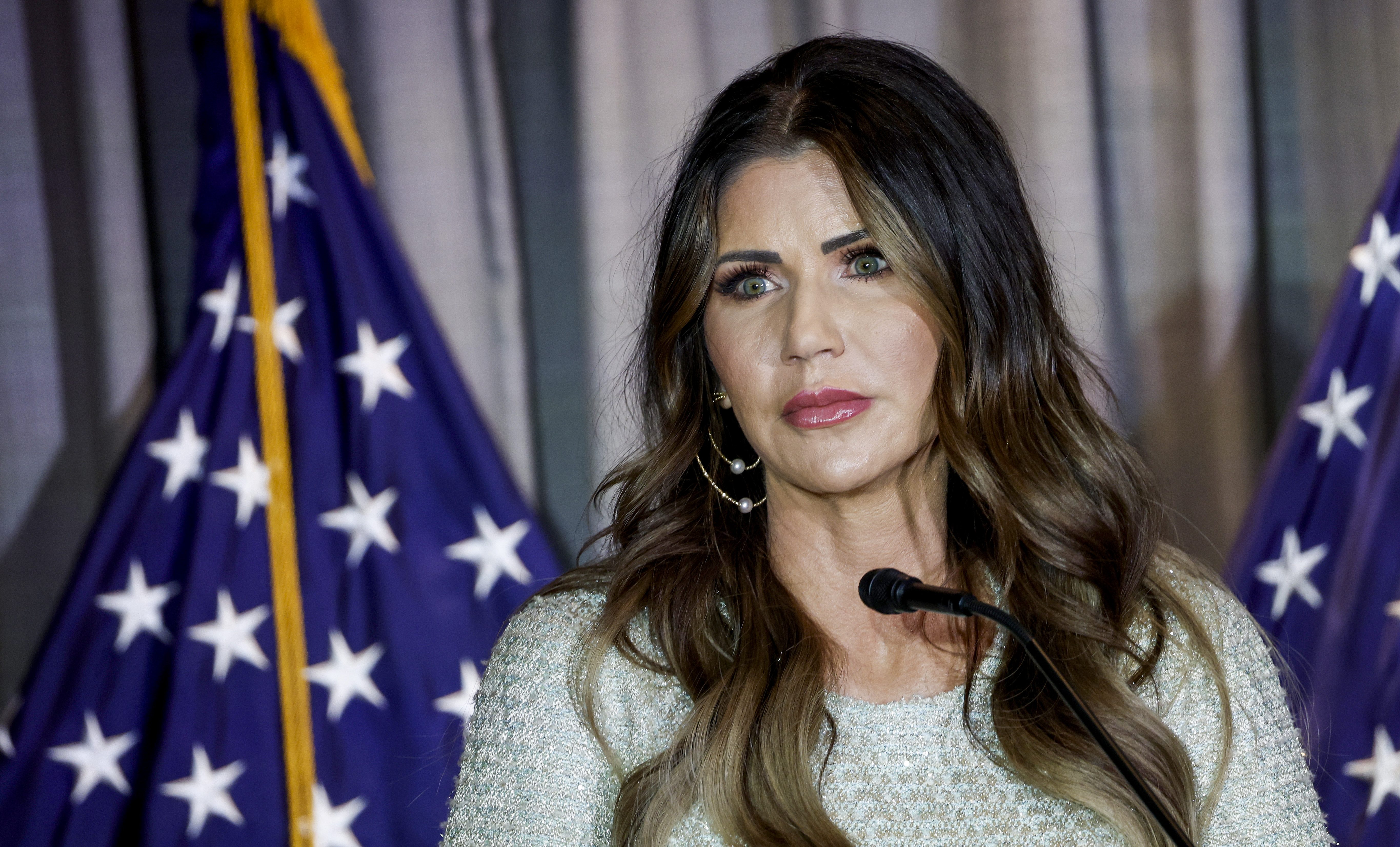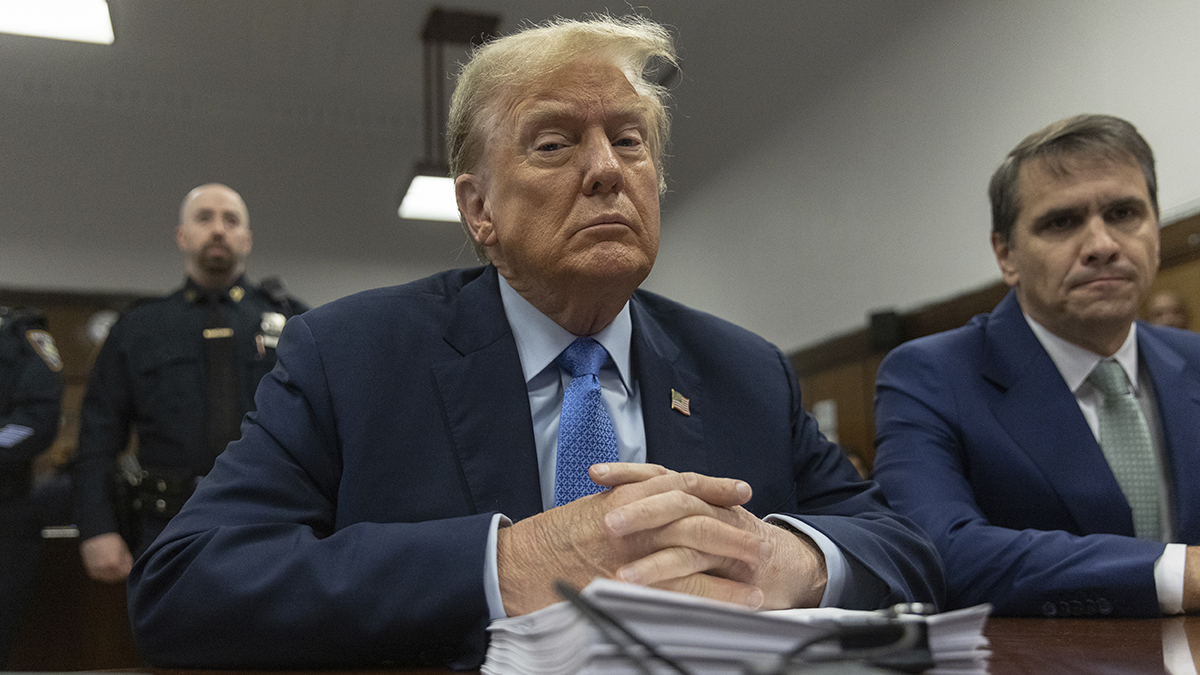Mario Cuomo, the former governor of New York, wrote an op-ed piece for the Daily News Sunday that denounced the death penalty. It is, he said, "wrong because it lowers us all; it is a surrender to the worst that is in us. It uses a power – the official power to kill by execution – that has never elevated a society, never brought back a life, never inspired anything but hate."
What is striking about Cuomo’s view is that he is dealing with something that most politicians today don’t go near. It’s the morality -- or lack of it -- that allows society to kill someone.
In his speech to the Democratic National Convention in 1984, to thunderous cheers, I heard Cuomo declare: "We believe in a government strong enough to use words like love and compassion and smart enough to convert our noblest aspirations into practical realities."
And, although he is no longer a national political leader, Cuomo has, in a sense, challenged the major players in the presidential campaign of 2012 to deal with substantive issues and not policy statements expressed in 10-second sound bites. The capital punishment question is a good example of how today’s politicians handle basic moral issues.
Republican contender Rick Perry, the Governor of Texas, has vigorously defended the death penalty. When NBC’s Brian Williams pointed out in a debate that Texas had executed "234 death row inmates, more than any governor in modern times," the audience burst into applause.
Then Williams continued: "Have you struggled to sleep at night with the idea that any one of those might have been innocent? "
Perry replied: "No, sir."
Politics
And when Williams noted that the audience had applauded the fact that 234 people had been executed, Perry said: "I think Americans understand justice. I think Americans are clearly, in the vast majority of cases, supportive of capital punishment."
When Troy Davis was executed recently in Georgia, a Times editorial declared: "The death penalty is grotesque and immoral and should be repealed."
And the editorial added that, under the current system, "17 innocent people sentenced to death have been exonerated and released based on DNA evidence, and 112 other people based on other evidence."
When he was governor, Mario Cuomo resisted the state of Oklahoma when it tried to extradite a man wanted for murder there. The man had also been convicted of murder in Oklahoma. After Cuomo left office, the man was returned to Oklahoma and promptly executed. On the night before he died, the condemned man left a note saying: "Tell Governor Cuomo I would rather be executed than to serve life behind bars." Cuomo is a strong advocate of life imprisonment as the penalty in capital cases.
Eric Freedman, a professor at Hofstra Law School and an expert on the death penalty, told me that in the overwhelming majority of cases, people on death row are guilty. "But the basic question, he added, is: "Are we gods? Is it right for us to determine whether some subset of human beings deserves to be killed?"
It’s clear, Freedman said, that "white, middle class people have a higher certainty of lesser punishment in capital cases that the segment of the population heavily skewed by race, poverty and mental illness." He also pointed out that the lawyers who defend death row inmates are often inferior, that white defendants get better representation.
Freedman notes that the American Law Institute says the death penalty can not be administered in a fair way. But, he thinks that "the death penalty is bound to gradually wither away."
It would be interesting -- and probably instructive -- to hear how all the contenders for president deal in depth with this question. But I wouldn’t bet on it happening. It’s a bit too complex for a 10-second sound bite.



